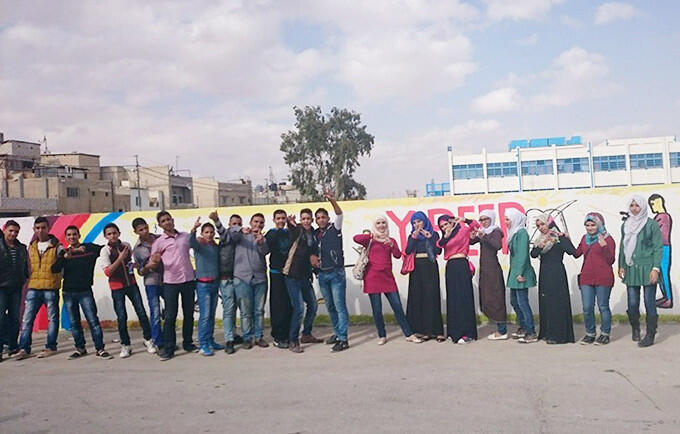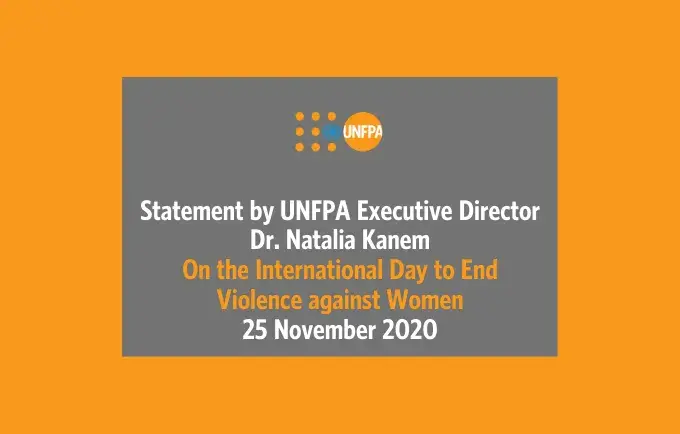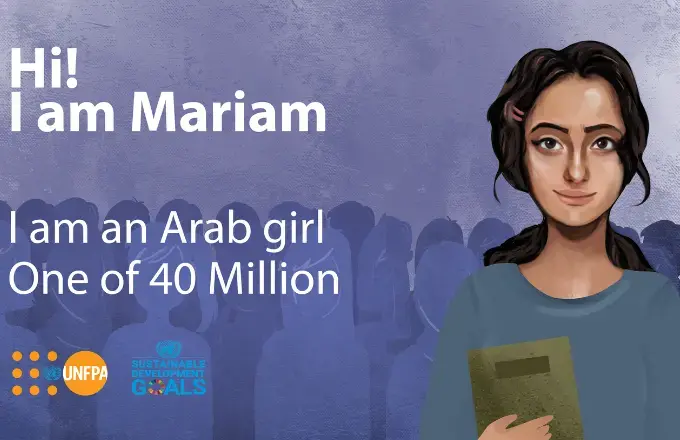UNITED NATIONS, New York/AMMAN, Jordan – The United Nations Security Council today adopted a resolution calling on countries to engage young people in building peace and countering violent extremism.
“Today’s generation of youth is the largest the world has ever known,” states the resolution, adding that in many countries affected by armed conflict, young people comprise a majority of the population. They are often vulnerable, with poor access to information and opportunities.
“Their marginalization is detrimental to building sustainable peace in all societies,” the resolution notes, urging countries to meet their needs and to include them in decision-making and peace-building efforts.

"This resolution recognizes that it is imperative for us to invest in young people to fulfill their potential and help achieve peace and security," said Dr. Babatunde Osotimehin, the Executive Director of UNFPA, which has been advocating for the resolution for several years.
After conflict, advocating tolerance
Young people are already demonstrating the leadership needed to promote peace and conflict-resolution.
In Jordan, four young Syrian refugees living in the Zaatari camp, along with two Jordanian youth, recently conducted Y-Peer trainings for 50 Palestinian young people living in the Zarqa and Wihdat refugee camps.
Y-Peer, a youth peer education network supported by UNFPA, encourages young people to play a leading roles in their communities and to share critical information and promote opportunities for vulnerable youth.
The trainings included lessons on cultural tolerance and promoting dialogue, as well as the need to reduce violence and realize human rights.
Many of the young people involved have had first-hand experience with these issues.
Ala’a Ghizawi, a Y-Peer trainer whose family fled the brutal conflict in Syria, said discrimination was a part of life. But working together with Jordanian and Palestinian youth was eye-opening, he said, because Y-Peer youth “do not look at Syrian refugees differently from Jordanians. They treat all Y-Peerians equally and distribute opportunities equally.”
Basil Nuseerat, another Y-Peer trainer from Syria, echoed these sentiments. “When I went outside [Zaatari Camp] and started to train, I did not feel like a refugee but rather like a YPEER member,” he said.

The trainings also addressed the unique needs of young people in the Zarqa and Wehdat camps, such as lack of access to sexual and reproductive health information, and also encouraged the youth to plan and implement their own initiatives and programmes.
By the end of the training, the 50 Palestinian youth in Zarqa and Wihdat had become youth educators, ready to use their new skills to engage and empower their peers.
Youth: a global resource
“We have a global resource that until now has been largely overlooked, and it has nothing to do with science or technology,” Dr. Babatunde Osotimehin said in a recent article in the Jordan Times. “It is the world’s young people who hold tremendous potential, if given the chance, to build more equitable societies and actively counter violence and extremism.”
The resolution adopted today, sponsored by the Government of Jordan, is a major step forward in helping young people advance peace.
UNFPA is a member of the UN interagency working group on young people’s participation in peacebuilding – a driving force behind the passage of the resolution. UNFPA also carried out a key study on the role of young people in peace, and supported Jordan in convening the recent Global Forum on Youth Peace and Security, among other efforts.
"Let us transform the words in this historic Security Council resolution into concrete actions on the ground," Dr. Osotimehin said today.
Young people like Ala’a are showing the way. “I am trying to share all of the knowledge and experiences that I have,” he told UNFPA.





